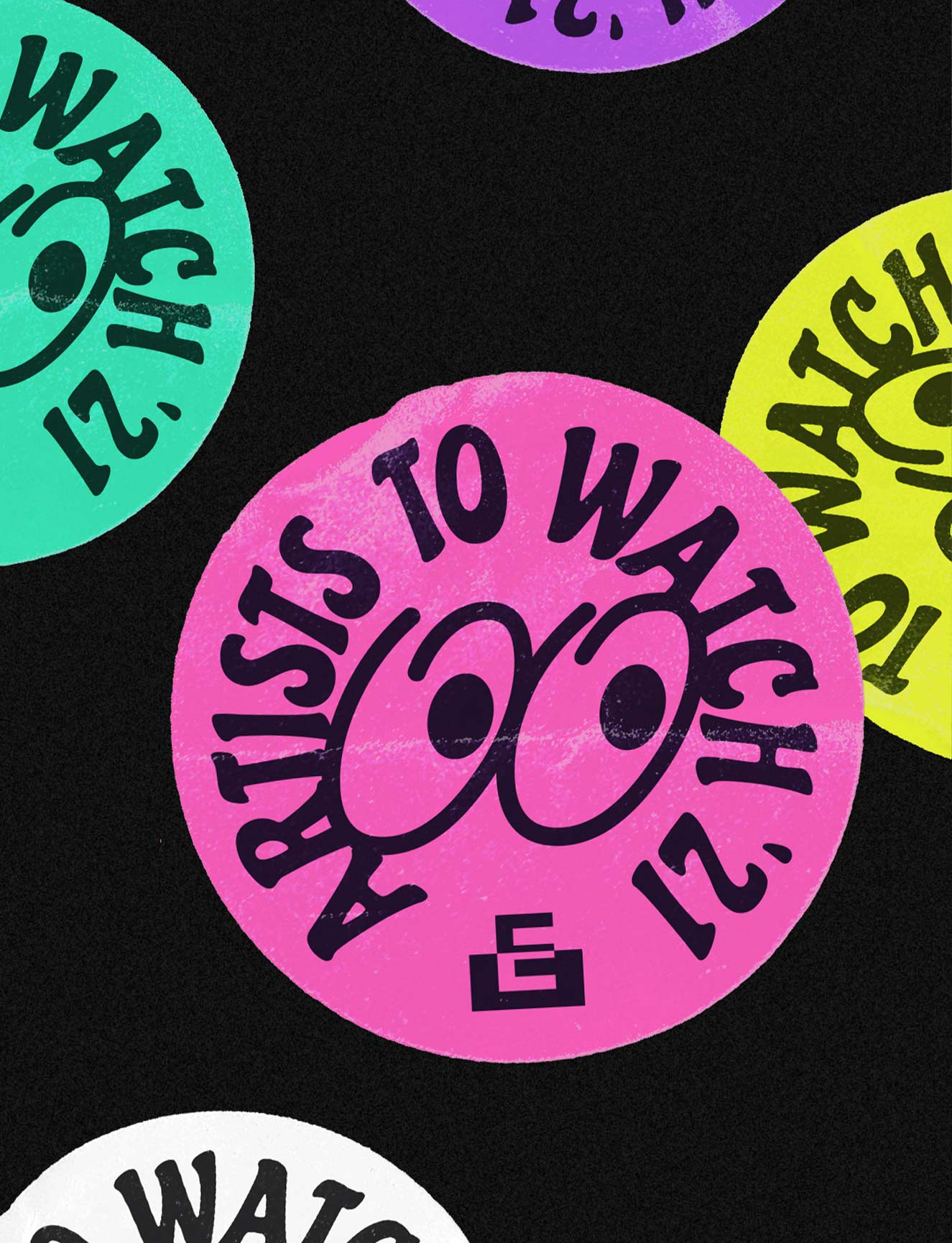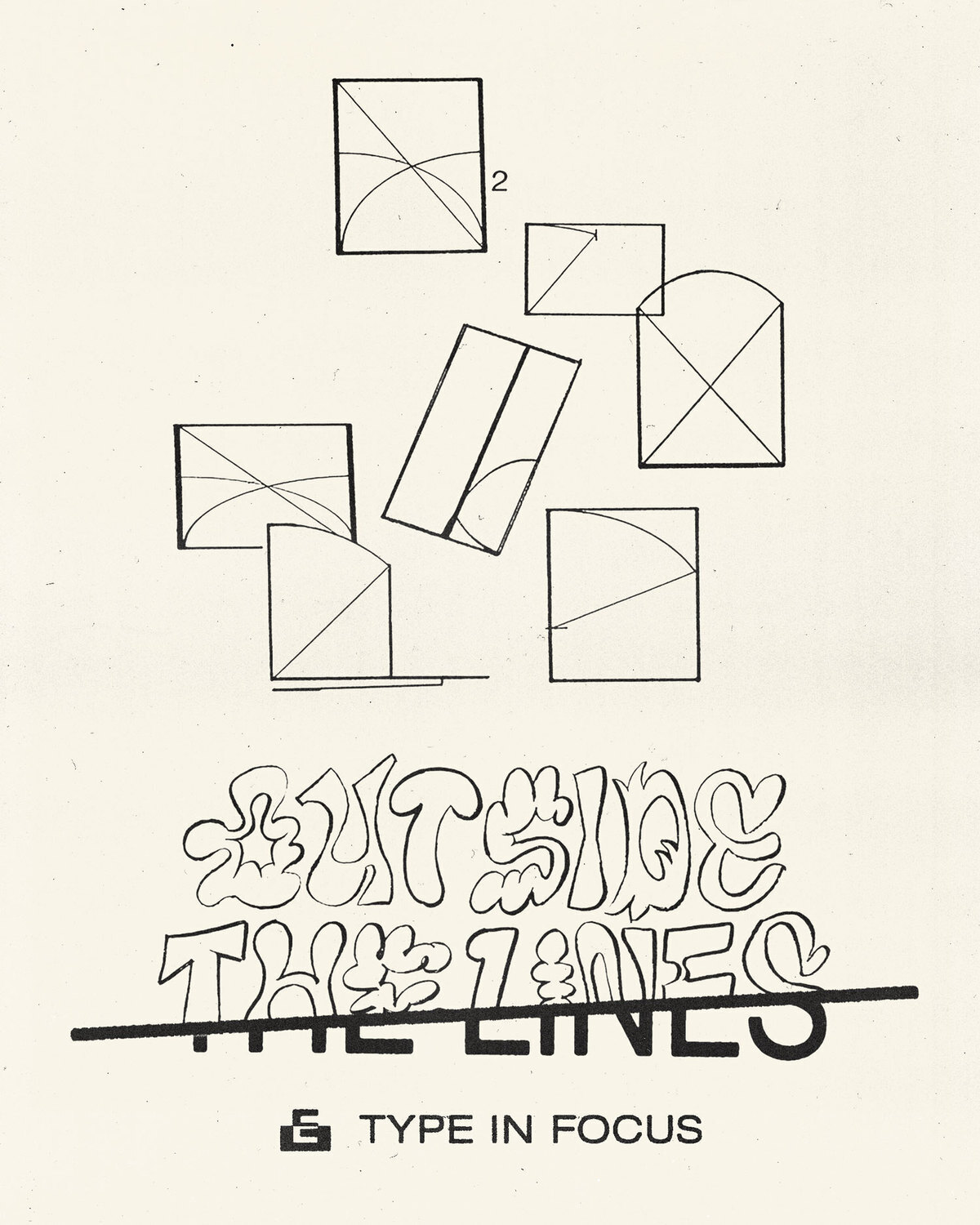London like a distant sun, London conversations, London is in your throat. Bob, Pete and Sarah grew up in towns that were defined by their relationship to the English capital: a magnetic pole, a humming presence with which commuters played chicken each day before returning tired or drunk to tell of (or lie about) their exploits. But the Saints didn’t actually live in London until they were more or less grown up, grown up enough at least to use it how they wanted, by which time all its projected romance had soaked through them.
London never really washes out of Saint Etienne. But how they rationalise their memories of London, how they cope with its seduction and rejection, well, that’s a matter of vantage point, time of day, time of life. And while they may at first have been having the time of their life, they knew increasingly that others had little time, or life, as towers and banks collapsed, developers got rich and inequality yawned.

Saint Etienne jammed references to London into their early records so that it was obvious the rail network connecting the Home Counties to the capital had been a neural system shuttling ideas about music and rebellion through their minds and souls as they grew up, and that the band’s identity lay somewhere in that process. London jammed people into poor housing and public money into private pockets so that it was obvious the financial network connecting the City to the population that lived in the boroughs (and indeed the world) around it worked in only one direction, and that London’s success lay somewhere in being able to obscure that fact.
But while that went on, London went on, inspiring bands and books and the kids on the outskirts in the way only it could. It was true that it had more of everything, and that sparks flew when more of everything came into contact with more of everything else — clubs, markets, squats, bars, warehouses, grooves, galleries, fashion, poppers, pills, pints, parks, £££. But it was also true that access to these things was limited, and that London’s financial centre was one of the engines in a global machine that limited a lot of people’s access to a lot of things.
Start again
Bob and Pete weren’t long out of Croydon when they started writing about the capital city on whose extreme southern boundary they’d been born, young enough when they relocated to be taken in by its charm but old enough to understand something of how lucky they’d got — very slightly flush from their first record deal, dreaming in rented rooms, in the door, on the scene, just one turns into five turns into back to yours turns into the first bus home. At the time, it might have felt like London was on the cusp of something, just like they were. Ken Livingstone’s Greater London Council had been gone since 1986, Thatcher having been unable to countenance a left-wing alternative power centre on her doorstep, but by 1990 the Iron Lady was on her way out too. The beginnings of gentrification were taking place, particularly in the former industrial Docklands, but the now-familiar hellscapes of half-empty luxury blocks anywhere there had once been pubs and music venues and good-quality social housing in zones 1 to 3 were still some way off.

And so Foxbase Alpha goes pretty easy on the capital, which had at some indiscernible point during the Seventies and Eighties also become Saint Etienne’s capital. Of course it did: there was hardly anything to complain about. Foxbase was the opening salvo from three bright young music lovers who’d spent their childhoods orbiting London from safe suburban distances before touching down somewhere near Hampstead Heath. That much is evident from the hazy, carefree lyrics of “London Belongs to Me”, and the psychogeographical essay on the back of the sleeve by Jon Savage, a romanticisation of precariousness as lifestyle: “Cash in your pocket puts a spring in your step. […] The lowest point in the city — a sink for pollution, noise, destitution. But it’s here that you find the raw material to make the world in the way that you hear it.”
There are namechecks for Camden Town, Parkway, Primrose Hill and Tufnell Park, but the primary sense of London-ness comes simply from the fact it’s a record of Saint Etienne having a kind of extended summer holiday there and assembling the sounds and feelings and places they came across into something that would have felt very familiar if you’d been there alongside them. Foxbase Alpha is in this sense little more than a scrapbook, precocious and at a pinch postmodern but still basically a diary.
Sarah: Foxbase Alpha, it’s really got that London feel, I think, because all three of us, Bob, Pete and I, had all grown up in sort of the Home Counties — I was proper Home Counties, they were sort of Home Counties! — and had the same feeling like we just wanted to be in London and be a part of it. We’d grown up listening to the same kind of things and getting into the same kind of Sixties clothes, Fifties things, all that kind of stuff, going to see the same bands and everything. I think when Foxbase Alpha was made it was just like this massive melting pot. Although I wasn’t involved in the songwriting on the record, I was very happy to be involved because it spoke to me, as it were. And all three of us were obsessed with London.
Pete: With Foxbase Alpha we were like kids. We’d just moved to London. We were having such a laugh generally — I’d given up a job to be in the band. It was like a dream, what was happening to us, but I suppose that’s a bit inward and just thinking about yourself.
Saint Etienne recorded their follow-up, So Tough, in 1992, releasing it the following year. Tonally, it wasn’t all that different from its predecessor but in its representation of London it possessed a level of realist detail not really apparent on Foxbase. You can hear it on a track like “Mario’s Cafe” and in the field recordings of bars and cafes that spring up at different moments of the album. There was something slightly timeless about the glimpses of London on Foxbase; So Tough felt more in the action and of the moment.

By now in their late twenties, Saint Etienne must have known they were in the midst of something whose days were numbered — perhaps not Mario’s Cafe itself,1 which is in fact still operational at the time of writing, but certainly the group of people who meet there in the song’s lyrics. The references loaded into “Mario’s Cafe” (Eubank wins the fight, and did you see the KLF last night?) scribble down Saint Etienne’s surroundings that year as though they are going out of fashion, which in a way they are because never again will they meet in quite the same way at the same table for the same conversations over the same newspapers and toast. “Mario’s Cafe” and the tracks “Memo to Pricey” and “Chicken Soup” on So Tough form a scrappy triptych of the Saints’ social lives, records and recordings of two cafes and a bar, whose details would other- wise have been forgotten: things like the grain of Simon Price’s voice as he talks, the Chanel ad that plays in the background, the contents of the Racing Post, if not the general recollection that these were places and people and things Saint Etienne knew well. Nor would anyone else have remembered in quite so much detail the scenes photographed in the CD booklet of kids coming home from school, smoking and laughing and hanging around phone boxes, probably not yet knowing they are making a record, if indeed they ever found out.
Once they’d got it on tape, 1992 ended. So did the love affair. There was a brief thematic relocation to Tiger Bay, then a European period that took them into the new millennium, and all told the Etienne weren’t really back in London until a decade had passed.
The slightly revisionist title of their 2009 best-of London Conversations tried to obscure the fact that half their songs had nothing to do with London, but then maybe the conversations themselves had never stopped. Maybe Saint Etienne had never stopped reassessing their memories, their understanding of their place in London and what lay beyond its edges.
Read More: Which As You Know Means Violence






